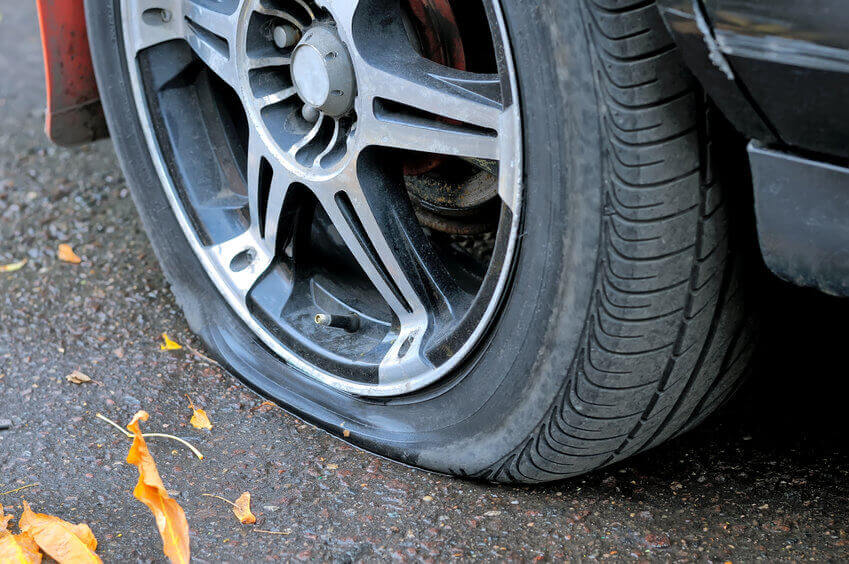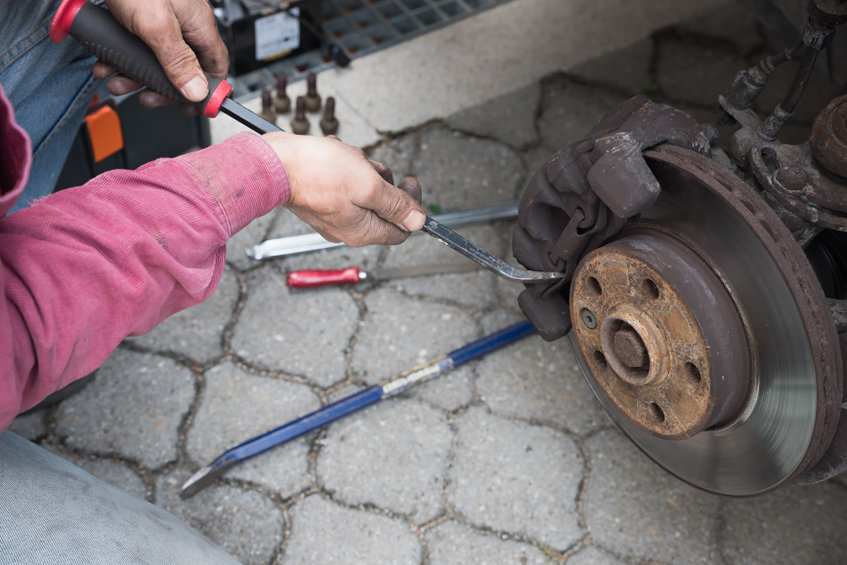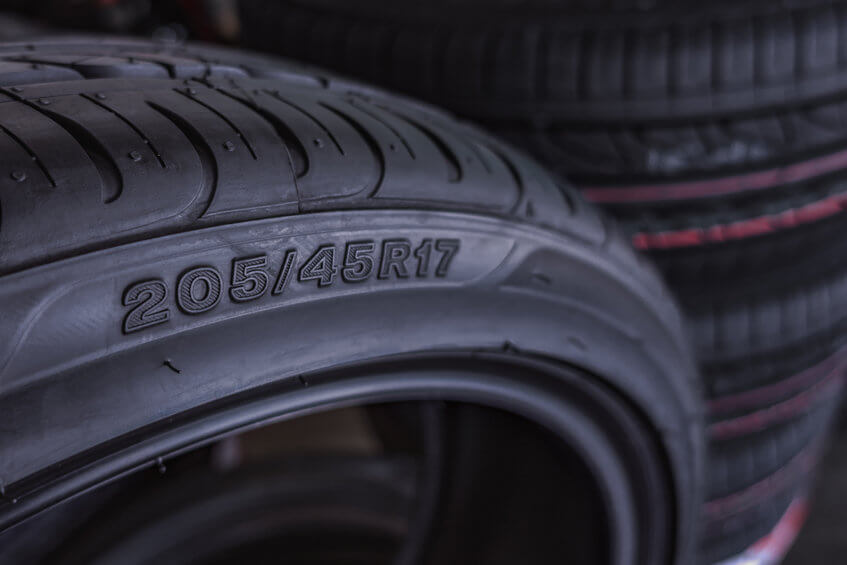When you are maintaining the functionality of your vehicle, one of the key features that you need to look out for is the tires. Out of all the different components, your ride’s tires take on the most when you are driving. This is due to the constant shifts in terrain and weather. As a responsible driver, you are always reminded to check on your tires.
This guide is made for basic tire maintenance and what you need to know before getting behind the wheel to ensure the safety and ease of your drive. When you are using a family vehicle, you are also ensuring that their safety is a top priority.
1. Do your research before buying a tire replacement
When you are purchasing replacements, it is vital that you never go for the standard types. Keep in mind that there are different details that you need to consider. Specifically, you need to consider your vehicle’s model, the brand, how old the tires are, and whether they are a standard or winter tire.
Doing your research on different options helps you effectively improve your driving experience and safety. If you are unsure about certain details, you can always request assistance from professional tire change services or specialists who have the experience to help you make a well-informed decision.
2. Look for objects lodged in your tires
Before every drive, make it a habit to always check your tires for foreign objects lodged inside them. This is a preventive measure against possible road accidents. Driving around with damaged tires is highly risky as they can easily explode. You can also waste more gas as uneven pressures can decrease your speed on the road.
If your tires have objects stuck like nails or broken glass, have them replaced immediately. You can also have wheel alignment done to ensure the contact between your tires and the road is seamless.
3. Never mix and match tires
When you are opting for replacements, you should never change only one or two of them because it can lead to uneven tread wear, which refers to their physical longevity. Mixing and matching different tires will also affect your vehicle’s overall performance as it may have difficulty turning in specific directions where the tires are changed.
Before having any tires replaced, consider the professional advising of an auto mechanic. This will allow you to pick the appropriate sets that your vehicle needs to fully function. You can also inform them about the weather conditions and terrain that you commonly encounter so that they can better recommend the right set of wheels.
4. Always keep your tires inflated with the proper pressure
Checking on the tire pressure is another vital aspect of basic maintenance. You need to make sure that you are following the proper air pressure as made clear by the service manual. This is primarily because improper pressures are very dangerous as it can also restrict proper braking and steering.
Inspect your tires before each drive to see if you need to have it inflated. Before taking any long drive, always plan out gas station stops to ensure the pressure is at its optimal level. When in doubt about your tires’ proper pressure, be sure to consult with an auto mechanic.
Conclusion
At this point, you now know more about the basics of tire maintenance. With all the basic tips mentioned above, it is vital that you stay committed to being a responsible and well-informed driver today! Doing so will ensure that your safety and that of others on the road are kept at all times.
Are you looking for professional tire change services in the United States? We at MobileMechanicBids can help you with that. We offer digitized automotive services like mobile tire service. We also have 24/7 emergency services in case you need immediate tire replacement. Get in touch with us today to ensure that your ride is tuned up and ready to go!


